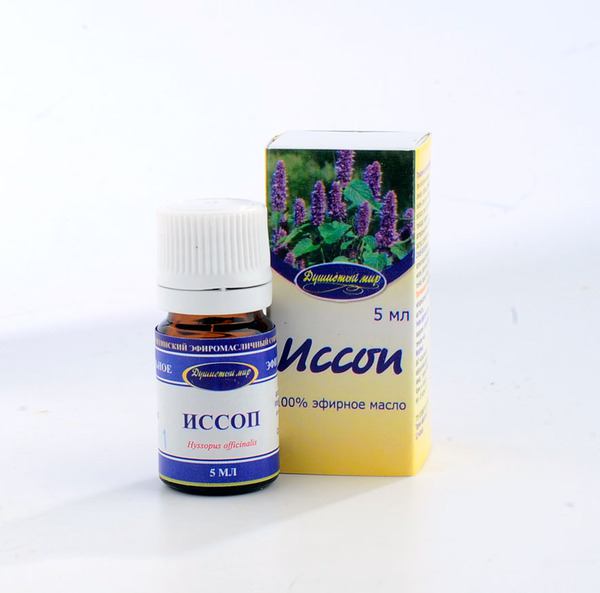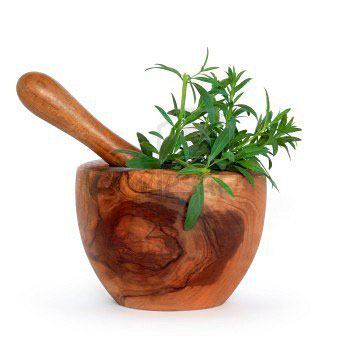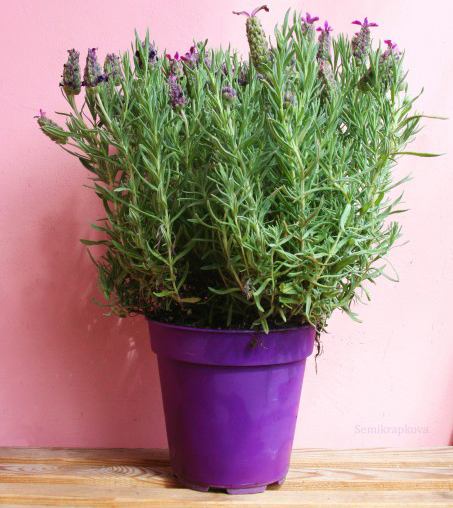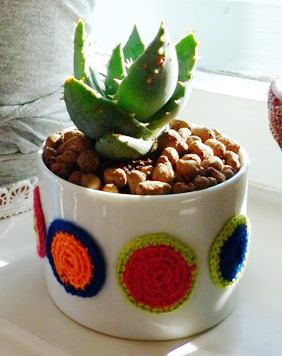Not everyone knows that hyssop is a tasty and beneficial spice that is
used in medicine
. Hyssop is often grown as a honey plant and a fast-growing border along garden paths. Due to its unique chemical composition, hyssop has pronounced medicinal properties and benefits for the immune system.
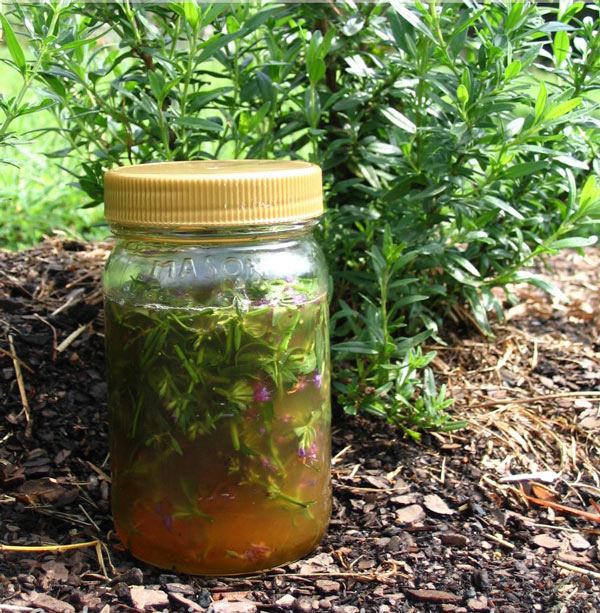
Chemical Composition of Hyssop:
- Isopinocamphone - makes up to 57% of the composition of hyssop essential oil, a substance with a fir-like smell and wood notes. A natural flavoring agent.
- Carvacrol - a phenol, a natural antibiotic (destroys the membrane of Staphylococcus aureus and helminths). Recently, the production of soap, laundry detergent, medical dressings, and sprays with carvacrol has begun.
- Hesperidin - an angioprotector, has a venotonic effect, improves microcirculation and lymphatic drainage.
- Diosmin - a bioflavonoid that reduces venous congestion and decreases the distensibility of veins.
- Ascorbic acid.
- Glycosides - plant glucose.
- Ursolic acid - helps with muscle atrophy, reduces fat in tissues, blood glucose, cholesterol, and triglycerides, is anti-inflammatory, anti-tumor, and antimicrobial. Prevents skin cancer and the formation of tumors. Used in cosmetic products as an anti-inflammatory and antimicrobial component. Used in the therapy and prevention of melanoma in several countries. Stimulates hair growth by activating hair follicles, protects against dandruff.
Hyssop essential oil - an excellent antibacterial agent. Reduces sweating. Juice from fresh leaves is used as a deodorant. Eases breathing in bronchial asthma. Alleviates hangovers - hyssop infusion restores a person better than coffee. Hyssop tea increases tone and immunity.
A hyssop bush can be grown in a pot on a windowsill. You only need to use a tiny bit in dishes, so a perennial bush will be enough to enjoy its decorative flowering and add to food.
